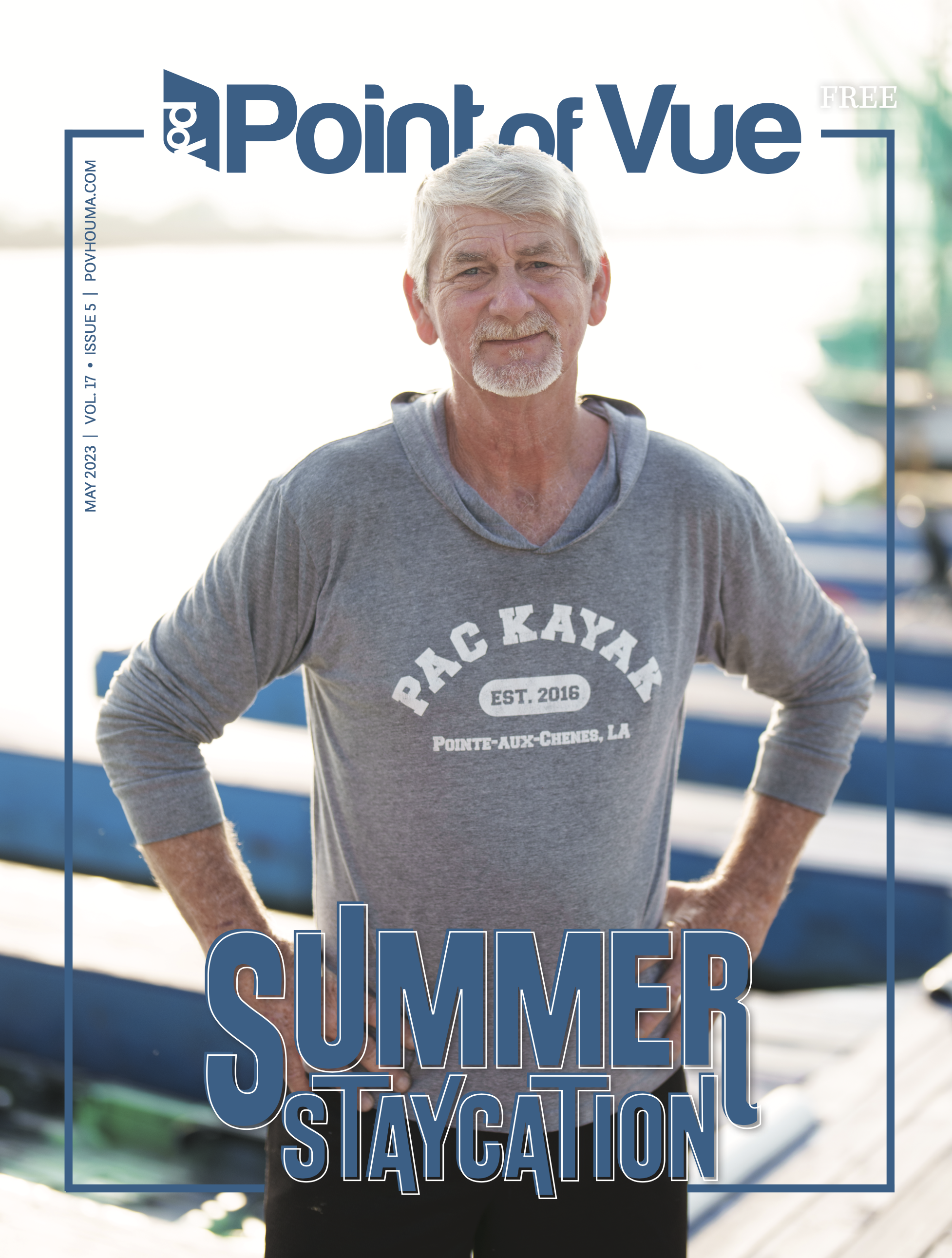
Know the Facts About Stroke
May 1, 2023
Point of Vue – May 2023
May 1, 2023I can remember all the months of May while growing up. May was the month when school was winding down, when summer vacation was in sight, and when new outdoor allergens emerged just enough to make you feel drowsy and feverish and kinda melancholy that all these changes were happening. But perhaps none were as memorable as the final May of college. After all, with moving away, grad school, and a career in the immediate plans, May marked the final three-month summer vacation I would ever have.
So, I kinda wanted made sure I left college with a bang—by leaving my mark on some aspect of the college campus I was leaving behind. And I made that bang-mark by winning a naming contest with the name “Jacques.” Now, Jacques is an interesting name: It’s got origins in medieval France, and through history it was used both as a given name or a family name. I liked it mostly because it sounded powerful and startling, as in “ZHOCK”!
Beyond how it sounded, however, there were a number of Jacques that likely influenced my prize-winning, bang-mark usage. First, there was Jacques Offenbach, nineteenth century French composer of operettas, whom I learned about as a young kid while listening to classical records with my dad. Offenbach’s most famous work is the operetta “Orpheus in the Underworld,” and that operetta was most famous for the dance scene called the “Can-Can.” You know the Can-Can: It’s that famous fast dance where a line of colorfully-dressed chorus girls grab their skirts at the knees kick their legs up in unison, consequently showing their fluffy, all-white, thick-laced petticoats to the audience. For this reason, I spent all my childhood years thinking that the operetta was called “Orpheus in the Underwear”—a naughty saying from the secret world of adults. Once inside, it’s difficult to get such things out of your head when you’re young and impressionable.
In later years, I remember watching special television broadcasts of “The Undersea World of Jacques Cousteau.” This Jacques was a world-famous French ocean explorer and filmmaker. He invented several tiny submarines that allowed him to film and share deep sea discoveries and exotic sea creatures with his audiences. It was a special time for my family, as we all gathered around the television cabinet to watch. It was my favorite show until I realized that I preferred eating deep-fried sea creatures to watching deep sea ones on TV.
More recently, I’ve been watching French chef Jacques Pépin, who wows audiences with his personal history of cooking experiences and the dishes he serves up in syndication on PBS stations near you. Effortlessly making alluring French recipes for his television audience, he’s best known at my house for the quote, “When you have good bread and good butter, it’s hard to beat.” I whole-heartedly agree. As well as whole-stomachly agree.
But neither Offenbach nor Cousteau nor Pépin is my favorite Jacques. As a senior in college, the campus radio station ran a contest to name their new pet–a gangly, stuffed monkey with elastic insides such that when you pulled a leg it would recoil and fly across a room while screeching. Being such a clever primate myself, I knew I could conjure up an award-winning name that would beat all other contenders across campus and win that fling-shot monkey for myself. This was my last opportunity: It was the final May of college, I would be moving away, going to grad school, and starting a career. Before the last three-month summer vacation I would ever have, I seized the opportunity to leave college with a bang and win that contest.
At the time, British rock artist Peter Gabriel had earned his latest U.S. hit with an MTV-friendly techno tune that metaphorically used experimentation on monkeys as a metaphor for human jealousy and anxiety. Peter Gabriel’s hit song was called “Shock the Monkey.” Utilizing the concept of homonyms or “sound-alikes” that I learned in second grade, I submitted to the contest the name “Jacques”–as in “Jacques, the Monkey.” And, of course, I won the contest. I knew that I would, being the clever primate that I was. And I finally made my bang-mark on campus.
Decades have gone by, and unlike Offenbach and Cousteau, who have now passed, and unlike Pépin who is still cooking though perhaps more slowly, my favorite Jacques, with his clever name, lives with a grin on his face, with casually crossed legs, and with an arm bent at the elbow that props himself up against the stack of my old college calculus textbooks somewhere on a shelf in one of the several homes where I used to live that stills holds some of my college stuff. After all this time, his fur likely shows signs of falling and his elastic appendages likely don’t rebound so well. But, of course, such things happen to all primates.






